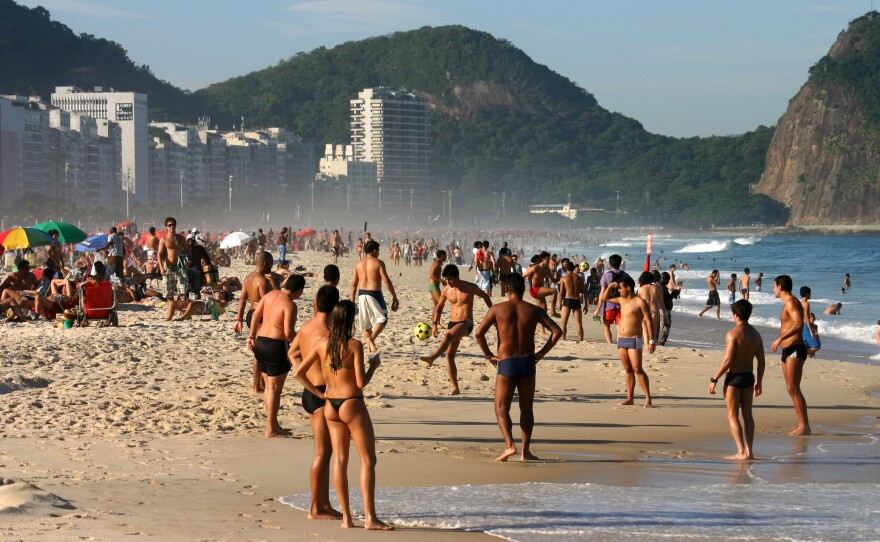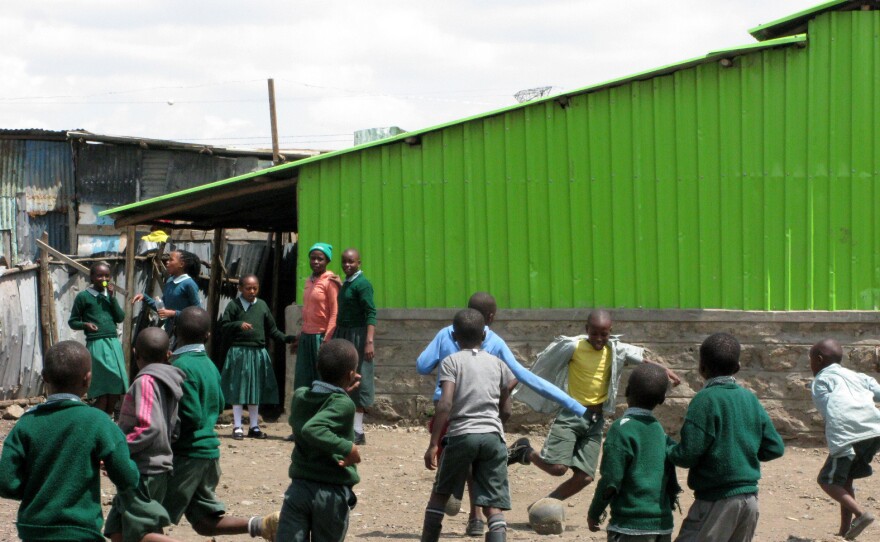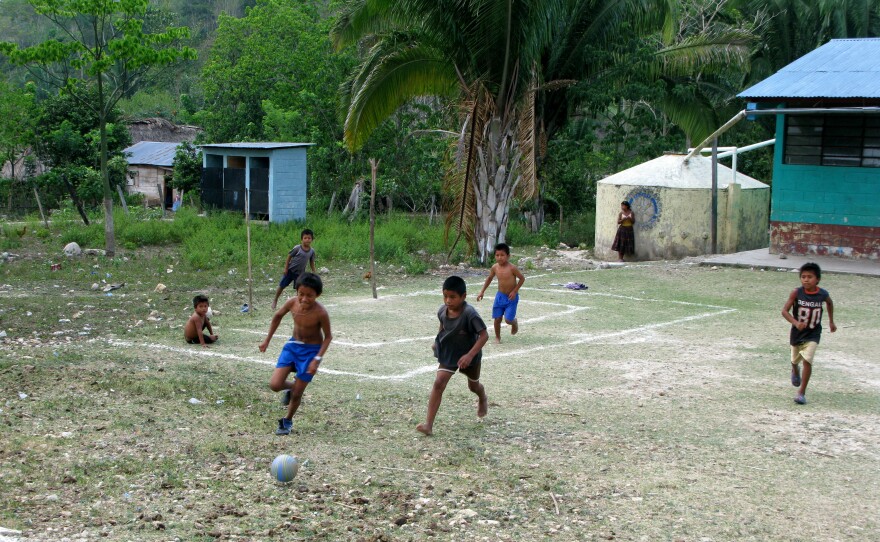The global reach of soccer never ceases to amaze me. I travel all over the world, sometimes to incredibly remote areas. More often than not, when I get there, somebody is kicking around a soccer ball.
It doesn't matter if it's Asia or Africa or Central America. Kids make a goal out of a couple of backpacks, throw out a ball and the game is on. The "ball" could be a knotted towel or a tennis ball or a tattered leather shell that's barely holding air.
The energy of the game is the same everywhere I go. A team of men in Turkey look a lot like a swarm of schoolchildren in Guatemala as they rush toward the goal.
For me, soccer serves as a barometer. In places where things are really terrible, where kids are starving, where a hurricane has just hit, where riots are breaking out, nobody plays.
But I've noticed what I call the "soccer stage" of recovery.
After any natural disaster, there comes a time when people start playing soccer again. In Haiti they're kicking balls amid the post-earthquake shacks. In Sri Lanka, they're setting up makeshift goals on a tsunami-stripped landscape.
In the Philippines they're playing in the streets even as typhoon debris towers behind them.
In nearly every peacekeeping mission involving France, a moment arrives when French soldiers swap their body armor for thigh-baring camouflage shorts and take to the soccer pitch. It's a moment of progress, a sign of hope. A frivolous diversion signaling that the conflict has ratcheted down at least a little.
With the World Cup about to kick off in Brazil, I'm nostalgic for Mexico. During the last World Cup, I was living in Mexico City. The month-long competition dominated the Mexican capital. Bars hung huge signs announcing what matches they'd show and when. My kids' school nearly shut down for much of the weeks-long competition. The teachers herded the kids into the gym to view the games on a giant TV. Kids were frantically trading playing cards trying to collect all the stars from all the national teams.
Similar soccer fever gripped most of the other Central American countries I traveled to during the competition.
But this global obsession with soccer doesn't happen only during the World Cup. Whenever the Spanish rivals Real Madrid and Barcelona clash, the oohs and ahs and screams of anxious fans reverberate throughout Latin America.
Kids all over the planet dress in the jerseys of their idols: Messi, Ronaldo, Alves and Casillas. The mini-stars recount the drama of a foul or a flop or a bending free kick that missed — oh! — just by inches!
Soccer touches some universal chord.
It's a simple sport that transcends language, that spans the world in a way that very few other human activities have. FIFA, soccer's global governing body, estimates that 3.2 billion people — roughly half the world's population — tuned in at some point to watch the 2010 World Cup in South Africa. This year the audience is expected to be even larger.
And even if my job takes me to the Central African Republic or some other remote country during this month's soccer tournament, I won't miss the action. I'm confident there will be television sets propped up outside people's homes, perched in store fronts and blaring from restaurants, all tuned to the World Cup.
Copyright 2021 NPR. To see more, visit https://www.npr.org.









